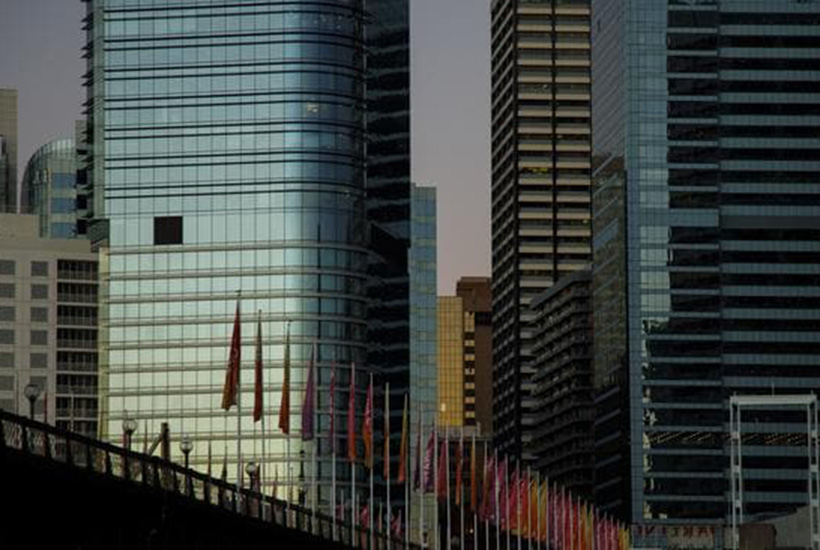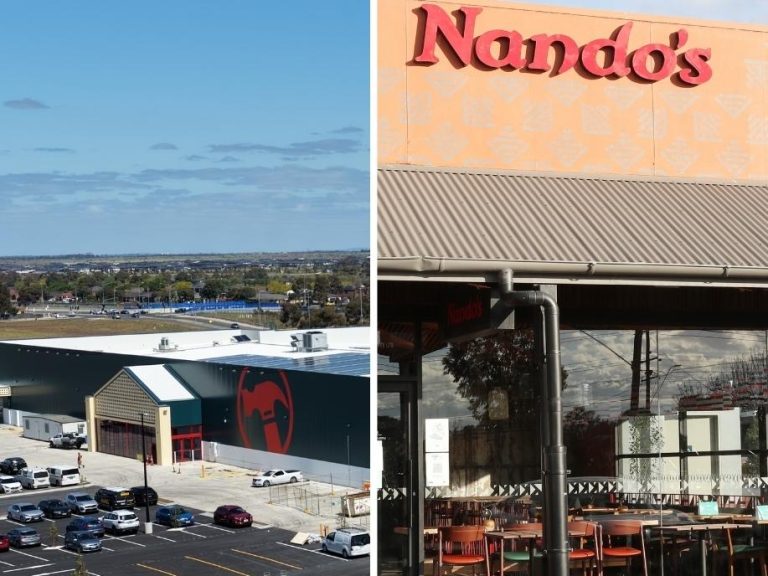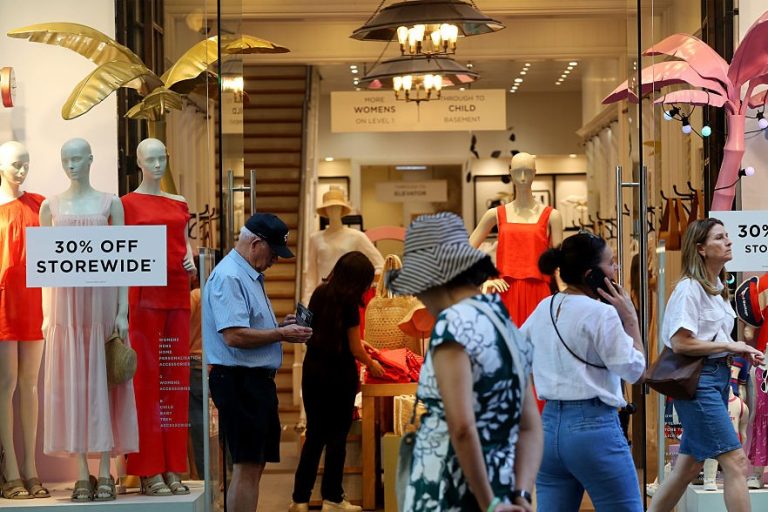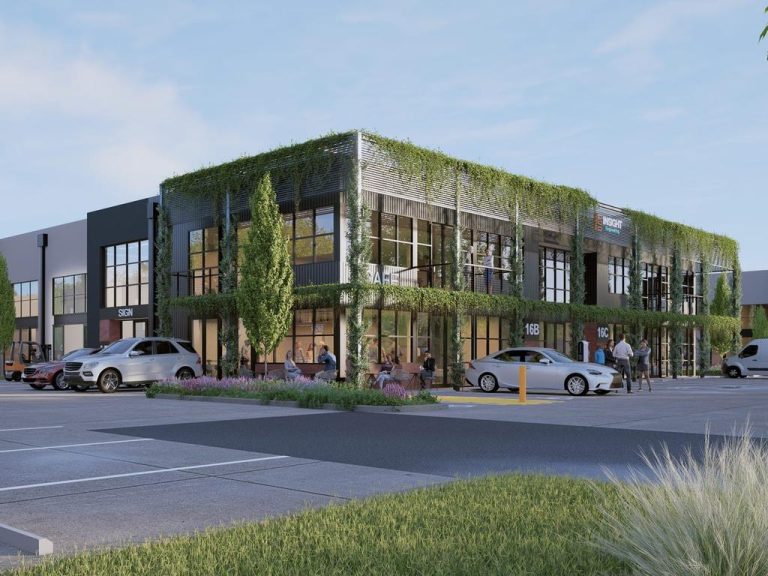Dexus believes in CBDs despite COVID-19 office challenges

The country’s largest office landlord Dexus has issued a call for corporate Australia to get its workers back behind their desks saying that city buildings across much of the country are safe for white collar jobs and warning that not being at work could hold back a recovery.
Property veteran Darren Steinberg, who heads the office juggernaut, said leasing conditions would be tough because of the recession but has urged companies to bring their staff back into towers to ensure the economy gets back on track.
Steinberg said despite “mixed messages” from different levels of government, and putting aside Melbourne where a strict lock down is in place, business should be returning to offices.
“If it’s time to go back to restaurants, cafes and pubs, it’s safe to go back to the office where there’s a lot of focus on a safe working environment,” he told The Australian.
“At this stage of the economic downturn I believe it’s critical for the economy to get Australians back to work.”
The well-connected Mr Steinberg, who sits on the board of hedge fund manager VGI Partners, said that “talking to a number of senior business executives across the country, now people are getting quite frustrated”.
The Dexus office in Sydney is running at about 70% occupancy and the property chief said that there was no “logical” reason people could not return.
Although working from home had taken off during the pandemic, major companies that embraced the practice are also taking up major city spaces, with Atlassian developing in Sydney and Amazon signing up to space globally.
Steinber said office demand would be weak in the recession but insisted office towers remain relevant and called out their role in developing corporate culture, collaboration and innovation.
Delivering its full year results, Dexus laid out its belief in the future of central business districts and is pushing ahead with a series of major projects along the eastern seaboard so it is well positioned when the pandemic passes.
The company collected about 94% of office rent in the June quarter and provided some relief to struggling tenants but is looking longer term to develop “healthy buildings” to draw workers back.
Dexus said office leasing inquiry levels had fallen, and inspection rates have slowed. Occupancy had remained high at 96.5% but lead indicators point to a period of uncertainty for the office market, with demand across the major CBD markets likely to be “patchy” in the short term.
Steinberg said the company was “preparing for subdued tenant demand and increased vacancy levels in our core office markets”.
Longer term, Dexus is advancing on new projects including a new skyscraper near Sydney’s Circular Quay and a project next to Central Station, a development in Brisbane’s Waterfront precinct and a tower on Melbourne’s Collins Street, and will take on more pension fund partners to back the towers.
“Our substantial city-shaping development pipeline comprises projects that will deliver long-term value beyond the recovery period, while our diversified funds management business is performing and continues to attract interest from new capital,” Mr Steinberg said.
The company is also selling off major assets including a stake in Sydney’s $2bn Grosvenor Place and a Melbourne building, with a dozen parties chasing the Sydney building, with the company seeing strong demand for high quality buildings.
Dexus is also forging deeper into the industrial property market, which will provide rising income as the office portfolio faces difficult conditions.
The full year results were hit by falling office property values, with profits falling 23.3% to $983m. But the landlord says its towers are full and it kept underlying earnings in line with 2019.
Dexus generated adjusted funds from operations and a distribution of 50.3 cents per security for fiscal 2020 and said it intended to deliver a distribution in line with free cash flow this financial year.
But it said that taking into account continued uncertainty it was not providing distribution per security guidance.
The company boosted its industrial exposure to $5bn while expanding the existing relationship with Singapore’s GIC as it bought an additional 24 per cent interest in the Dexus Australian Logistics Trust. It also backed a new venture to acquire a half stake in Melbourne’s Rialto Towers.
Dexus said leasing inquiry plummeted in April but had recovered, with the exception of Melbourne. Financial services companies are also looking to take advantage of softer conditions by upgrading to better space. But 11 leasing deals were derailed by COVID-19 and are just getting back on track.
Dexus raised about $955m of equity for new and existing unlisted funds and completed $1.1bn of developments across the group. It also realised $35.3m of trading profits in fiscal 2020 while contracting future trading profits to be realised in coming years.
Dexus withdrew guidance earlier this year and has delivered on revised guidance given in early June. The profit drop was primarily driven by net revaluation gains of investment properties of $612.4m, which were $160.7m lower than last year.
Underlying funds from operations per security of 63.5 cents, which excludes trading profits, grew by 1 per cent despite the impact of rent relief provided, highlighting it growing funds management business.
Dexus shares closed 7c higher at $8.48.







